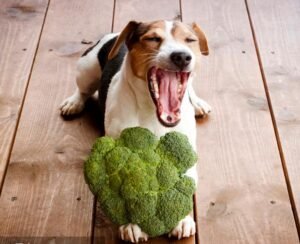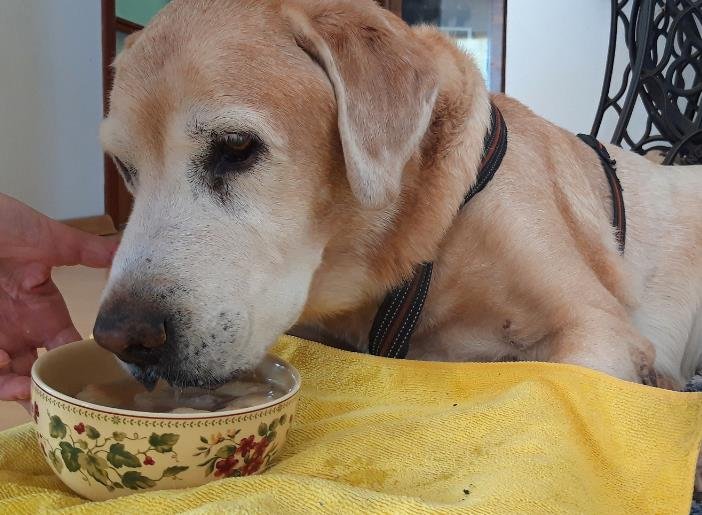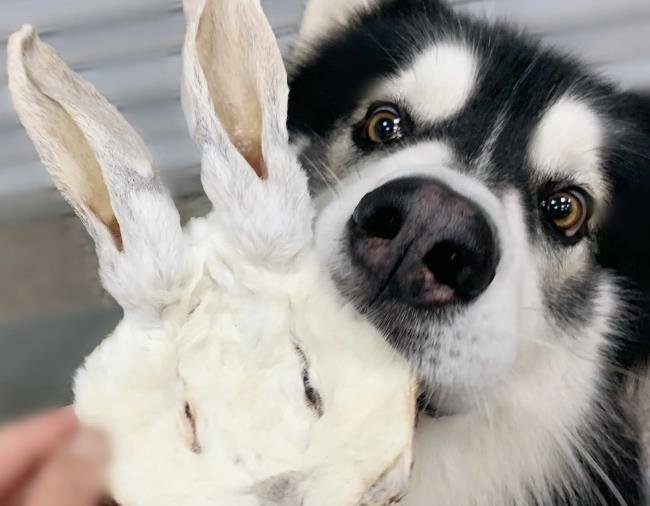Vegetables can be a healthy and nutritious addition to your dog’s diet. They provide essential vitamins, minerals, and fiber, which can contribute to your dog’s overall health and well-being. However, not all vegetables are safe for dogs, and some should be avoided altogether.

**1. Safe Vegetables for Dogs: Some vegetables that are generally safe for dogs include:
- Carrots: High in beta-carotene and fiber, carrots are a crunchy treat that can be eaten raw or cooked.
- Green Beans: Low in calories and rich in vitamins A, C, and K, green beans are a great snack for dogs.
- Broccoli: High in vitamin C and fiber, broccoli can be a nutritious addition to your dog’s diet, but only in small quantities because it contains compounds that can cause gas.
- Asparagus:* Asparagus is rich in vitamins A, C, and E, but it should be cooked and chopped into small pieces to avoid choking.
- Spinach:* High in iron, calcium, and vitamins A and C, spinach can be a nutritious addition to your dog’s diet in small amounts.
- Peas:* Peas are a good source of protein, fiber, and vitamins A, B, and C.
- Sweet Potatoes:* High in fiber and vitamin A, sweet potatoes can be a healthy treat for dogs when cooked and mashed.

It’s important to introduce new vegetables to your dog’s diet gradually and watch for any signs of digestive upset. Also, always make sure that the vegetables are fresh, washed, and cut into appropriate sizes to prevent choking.
**2. Vegetables to Avoid: Some vegetables can be harmful to dogs and should be avoided, including:
- Onions and Garlic: These contain sulfur compounds that can damage red blood cells and cause anemia.
- Grapes and Raisins: These can cause kidney failure in dogs, even in small amounts.
- Avocado: Avocado contains persin, a toxin that can be harmful to dogs.
- Raw Potatoes and Tomatoes: Raw potatoes and tomatoes contain solanine, a substance that can be toxic to dogs. Cooked tomatoes without the stems and leaves can be okay in small amounts.
- Mushrooms: Wild mushrooms can be toxic to dogs, and even some cultivated mushrooms can be harmful. It’s best to avoid feeding mushrooms to your dog.
- Rhubarb: Rhubarb leaves contain oxalic acid, which can cause kidney stones.
- Nuts: Some nuts, like macadamia nuts, are highly toxic to dogs, while others, like almonds, can be harmful in large quantities.
**3. Preparation of Vegetables: When serving vegetables to your dog, it’s essential to prepare them properly. Raw vegetables should be washed thoroughly, and some may need to be cooked to make them safer and easier to digest. For example, carrots and green beans can be steamed or boiled until soft.
**4. Amount of Vegetables: Vegetables should not make up the majority of your dog’s diet. They should be a supplement to a balanced diet that includes protein from meat or fish and a good quality dog food. The amount of vegetables you feed your dog should be based on their size, age, and activity level.
**5. Consult with Your Vet: It’s always a good idea to consult with your veterinarian before introducing a new type of food to your dog’s diet, including vegetables. They can provide guidance on which vegetables are safe and appropriate for your dog’s individual health needs.
In summary, vegetables can be a healthy and beneficial addition to your dog’s diet, but it’s crucial to choose the right ones and serve them in appropriate amounts. Always monitor your dog’s reaction to new foods and consult with your vet for personalized advice.









